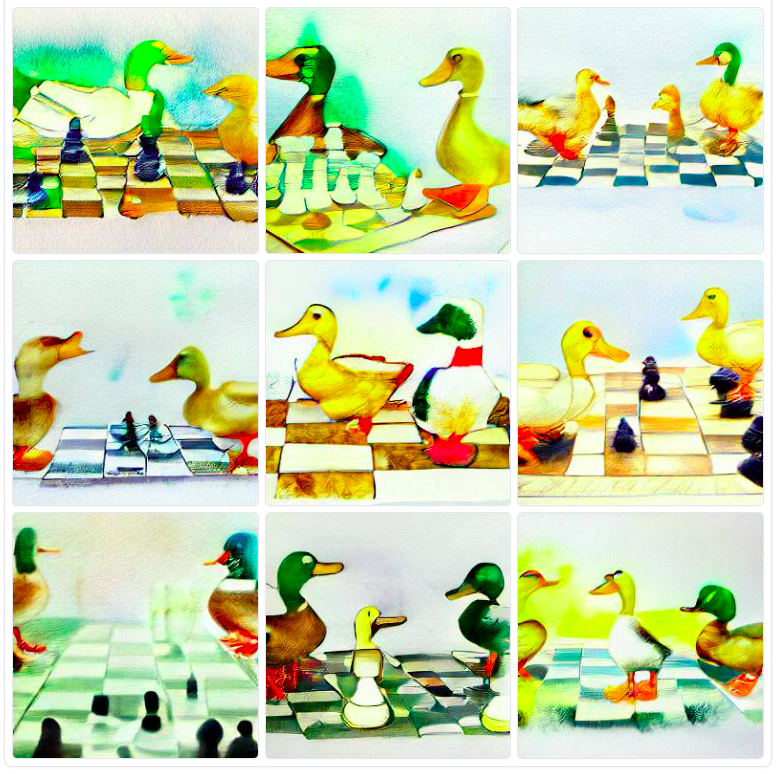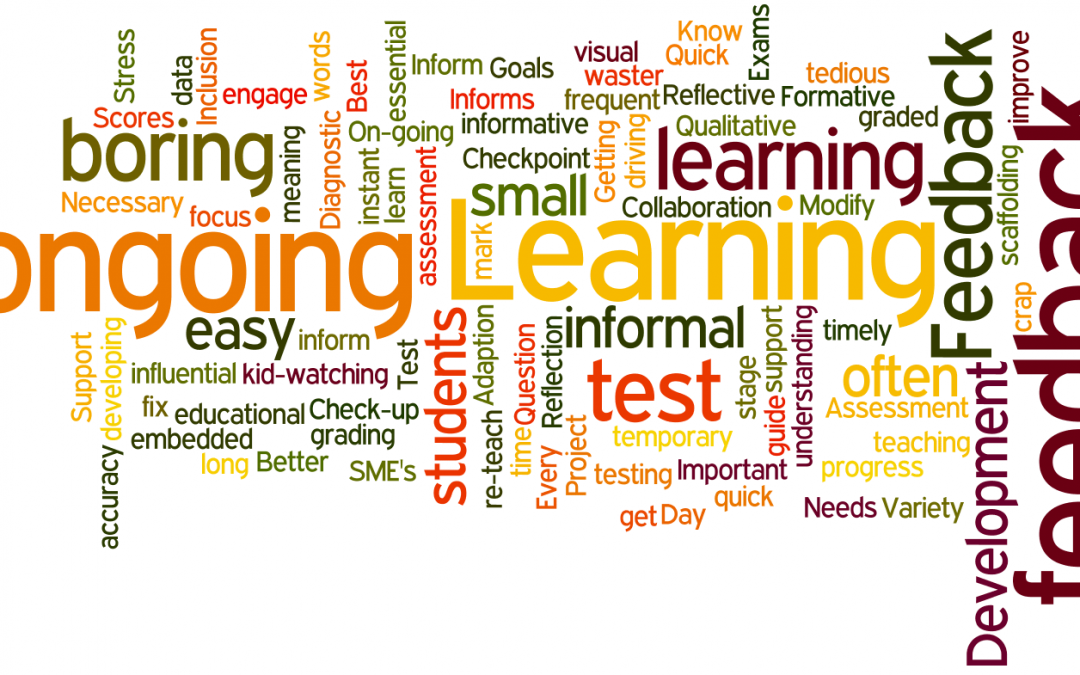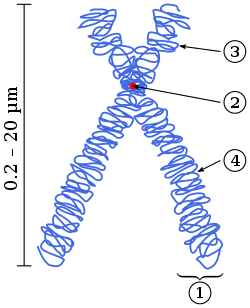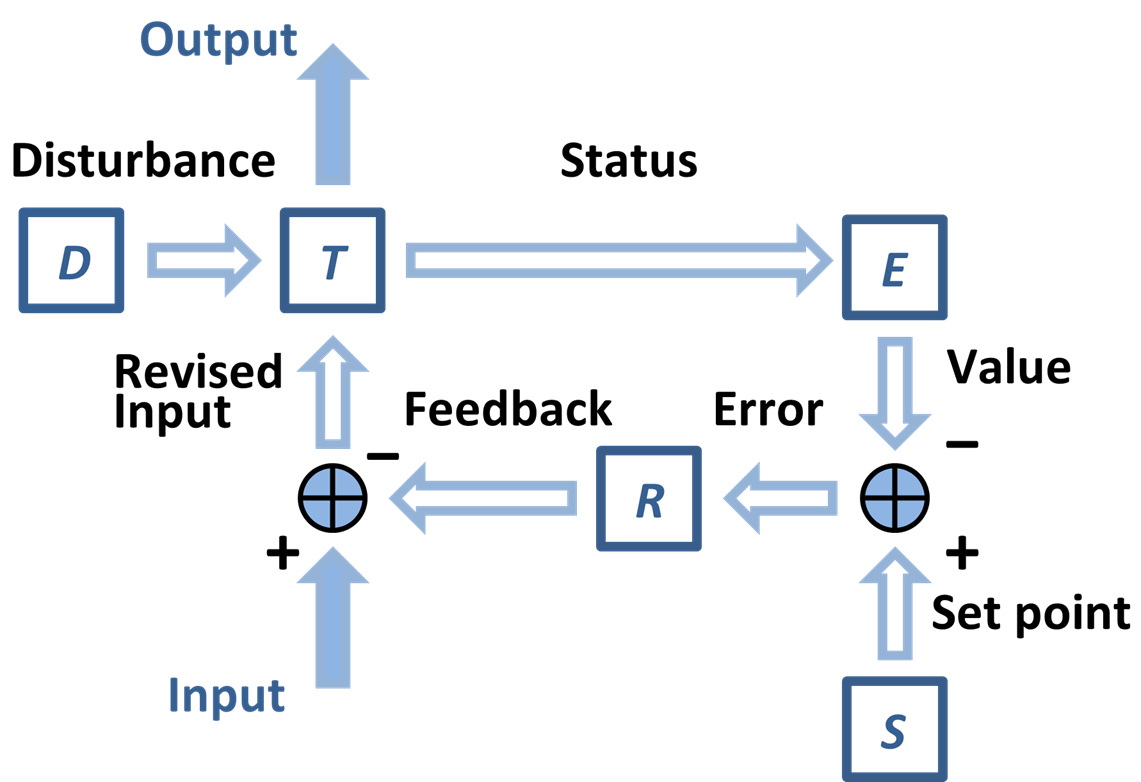A course about courses

A course about courses

MATH 1030: Calculus I (4 cr.)
Topics in this course will include functions, limits, and continuity;
derivatives of polynomials, products, quotients, trigonometric, and
implicit functions; applications to related rates, maximumminimum
problems and graphing; anti-derivatives, the
Fundamental Theorem of Calculus, and area problems. A
computer symbolic algebra component is included.
The purpose of the course is to broaden and strengthen the student's
high school mathematics background and to prepare for the study of
calculus. Topics will include algebra and functions including
exponential, logarithmic and trigonometric functions.
MATH 2030 Calculus III
This course will focus on three-dimensional space, including the following topics: vectors, surfaces, planes and lines in three-space, partial derivatives and the gradient, vector
functions, multiple integrals, line integrals, and Green's Theorem. A computer symbolic algebra component is included.
This course will discuss basic concepts of symbolic logic, axiomatic method, set theory, cardinality, and various mathematical systems. to the emphasis of the course is the creation and understanding of mathematical proofs.
Topics in this course will include applications of integrals to volumes
of revolution, differentiation and integration of logarithmic,
exponential, and inverse trigonometric functions, indeterminate forms,
techniques of integration, improper integrals, sequences and series,
Taylor's Theorem, parametric equations, and polar coordinates. A
computer symbolic algebra component is included.
MATH 3008 History of Math (4)
A survey of some of the central ideas in the development of mathematics. The historical and mathematical context and content of these ideas will be studied along with the major figures responsible for their development.
Westchester Area Math Circle

This course will consider the ethical impact of contemporary technology with an emphasis on the impact of computing (e.g., how modern-day information technologies affect our privacy, the ethical implications of decisions being made by artificial intelligence, etc.). It is hard to overstate the importance of giving some critical thought to such matters: just about every facet of our lives has been affected by rapid advances in technology, and without some critical engagement with this fact we risk having our lives run by technology rather than using technology to improve our lives. Our working thesis will be that technology is morally neutral—it is a tool that can be used well or poorly. And part of using technology well is understanding what a particular piece of technology promotes and discourages. To use a simple example, texting and twitter promote rapid and concise communication, and often wit, but discourage the sort of in-depth conversations upon which healthy friendships and democracies are built.
We will start with an overview of some of the major theories of moral normativity: egoism, utilitarianism, deontology, and virtue ethics. You will be expected to analyze course topics in light of these theories. Ultimately, the goal is for you to develop your own philosophically coherent positions on the important ethical issues of the day having to do with technology. Topics to be discussed include: ethics and social media, reproductive and human enhancement technologies, technology in education, information technologies, artificial intelligence, and technology and the environment.

This introductory level course is a survey of the computer hardware and software in current use. Topics include: data representation, storage devices, input/output devices, computer hardware, operating systems and application development techniques. Students learn to use a word processor, spreadsheet, database, and presentation manager. Students will create and post a website. (Fall) (Spring)
This is an introduction to problem-solving methods and algorithm development as well as Java programming. Object oriented coding, debugging and design are emphasized. Computer Science majors are strongly encouraged to enroll in this course in the first semester of their freshman year, or immediately upon changing major to Computer Science.
This introductory level course is a survey of the computer hardware and software in current use. Topics include: data representation, storage devices, input/output devices, computer hardware, operating systems and application development techniques. Students learn to use a word processor, spreadsheet, database, and presentation manager. Students will create and post a website. (Fall) (Spring)
Introduction to Distributed Systems.
COURSE DESCRIPTION
This course will prepare students to use technology to acquire and teach new content knowledge about important topics in their respective program content area. We will examine best practices for teaching with technology, and the student will learn to appropriately use classroom hardware, the Internet, media, software tools, and mobile apps to deepen knowledge of a significant topic, and plan for classroom instruction building on that knowledge.
ESSENTIAL QUESTIONS
This course is organized around these essential questions:
1. What do we mean by learning technologies?
2. What impact does technology have on learning?
3. How can we use learning technologies to enhance the learning of K-12 students?


COURSE DESCRIPTION
This course will explore curriculum approaches, teaching and assessment strategies, classroom management, and other critical issues in teaching at the middle childhood and adolescence levels. Students will become familiar with the ways in which middle and high schools function, both within their buildings and within their broader communities. Essentially we will be trying to answer a very complicated question: How can teachers behave in the classroom to make it more likely that their students will learn? In fact, that will be the essay question for your final exam.
ESSENTIAL QUESTIONS
This course is designed around these essential questions:
1. How can we design and orchestrate learning activities for adolescents that foster and promote deep learning? 2. What does it mean to orchestrate levels of Complexity and abstraction?
3. How can we create and maintain autonomy supportive learning environments for adolescents?


This course builds on the work of EDU 5507, Introduction to Methods and Strategies for Teaching Computer Science to K-12 Students. Now that the teacher candidate has a grounding in the history of CS in education, and experience with the core teaching strategies and practices for teaching CS to K-12 students, this course is designed to allow the teacher candidate to develop learning activities that are more complex, and that focus on the more advanced concepts of CS, such as variables, loops, and algorithms. Through the work of this course, teachers and teacher candidates will engage deeply in the advanced elements of core CS principles (Algorithms and programming, Computing systems, Data and analysis, Impacts of computing, and Networks and the internet) and will learn to design learning environments and learning experiences that promote deep understanding of these principles in their students.

This course is designed to provide teachers and teacher candidates
with an introduction to the history, context, methods, and strategies
for teaching Computer Science (CS) and Computational Thinking (CT)
with students in grades K-12. Through the work of this course,
teachers and teacher candidates will engage deeply in the core CS
principles (Algorithms and programming, Computing systems, Data and
analysis, Impacts of computing, and Networks and the internet) and
will learn to design learning environments and learning experiences
that promote deep understanding of these principles in their
students. The focus in this course is in developing learning
experiences for novice CS learners at all age levels.


COURSE DESCRIPTION
This course will explore curriculum approaches, teaching and assessment strategies, classroom management, and other critical issues in teaching at the middle childhood and adolescence levels. Students will become familiar with the ways in which middle and high schools function, both within their buildings and within their broader communities. Essentially we will be trying to answer a very complicated question: How can teachers behave in the classroom to make it more likely that their students will learn? In fact, that will be the essay question for your final exam.
ESSENTIAL QUESTIONS
This course is designed around these essential questions:
1. How can we design and orchestrate learning activities for adolescents that foster and promote deep learning? 2. What does it mean to orchestrate levels of Complexity and abstraction?
3. How can we create and maintain autonomy supportive learning environments for adolescents?


COURSE DESCRIPTION
This
course focuses on creating Earth citizens who have the values, skills
and knowledge necessary for contributing to a sustainable future.
Students will actively engage with driving questions about the
foundation they need, the kind of citizen they should be, and the
understandings and capabilities they should have for contributing to
sustainability. Course readings, activities, discussions and projects
facilitate students’ exploration and acquisition of wellness as the
foundation and aspiration of sustainability, global citizenship,
biosphere custodianship, change agency, world viewing, systems
seeking and futures thinking. And finally, students will examine the
ways in life is a function of ecosystems, society is a part of the
biosphere constrained by limits and humans belong to and have
responsibilities within local, national and global communities.

This is a course that incorporates philosophical and practical elements of middle school education. Throughout the semester, we will focus on the sociological and academic factors that have resulted in the creation of a distinct middle school learning environment. We will develop strategies for motivation, instruction, assessment and classroom management in a middle school environment; we will learn how to create a successful guidance structures and explore ways of facilitating collaboration and communication among students, teachers, staff and parents. Essentially, we will try to answer the following essential question: How can we, as middle school teachers support our students as they work to meet their physical, social, emotional, and intellectual development needs?

COURSE DESCRIPTION
This course will prepare students to use technology to acquire and teach new content knowledge about important topics in their respective program content area. We will examine best practices for teaching with technology, and the student will learn to appropriately use classroom hardware, the Internet, media, software tools, and mobile apps to deepen knowledge of a significant topic, and plan for classroom instruction building on that knowledge.
ESSENTIAL QUESTIONS
This course is organized around these essential questions:
1. What do we mean by learning technologies?
2. What impact does technology have on learning?
3. How can we use learning technologies to enhance the learning of K-12 students?


COURSE DESCRIPTION
This course will explore curriculum approaches, teaching and assessment strategies, classroom management, and other critical issues in teaching at the middle childhood and adolescence levels. Students will become familiar with the ways in which middle and high schools function, both within their buildings and within their broader communities. Essentially we will be trying to answer a very complicated question: How can teachers behave in the classroom to make it more likely that their students will learn? In fact, that will be the essay question for your final exam.
ESSENTIAL QUESTIONS
This course is designed around these essential questions:
1. How can we design and orchestrate learning activities for adolescents that foster and promote deep learning? 2. What does it mean to orchestrate levels of abstraction?
3. How can we create and maintain autonomy supportive learning environments for adolescents?

This is a course that incorporates philosophical and practical elements of middle school education. Throughout the semester, we will focus on the sociological and academic factors that have resulted in the creation of a distinct middle school learning environment. We will develop strategies for motivation, instruction, assessment and classroom management in a middle school environment; we will learn how to create a successful guidance structures and explore ways of facilitating collaboration and communication among students, teachers, staff and parents. Essentially, we will try to answer the following essential question: How can we, as middle school teachers support our students as they work to meet their physical, social, emotional, and intellectual development needs?

This is a course that incorporates philosophical and practical elements of middle school education. Throughout the semester, we will focus on the sociological and academic factors that have resulted in the creation of a distinct middle school learning environment. We will develop strategies for motivation, instruction, assessment and classroom management in a middle school environment; we will learn how to create a successful guidance structures and explore ways of facilitating collaboration and communication among students, teachers, staff and parents. Essentially, we will try to answer the following essential question: How can we, as middle school teachers support our students as they work to meet their physical, social, emotional, and intellectual development needs?

This is a course that incorporates philosophical and practical elements of middle school education. Throughout the semester, we will focus on the sociological and academic factors that have resulted in the creation of a distinct middle school learning environment. We will develop strategies for motivation, instruction, assessment and classroom management in a middle school environment; we will learn how to create a successful guidance structures and explore ways of facilitating collaboration and communication among students, teachers, staff and parents. Essentially, we will try to answer the following essential question: How can we, as middle school teachers support our students as they work to meet their physical, social, emotional, and intellectual development needs?

This course will explore curriculum approaches, teaching and assessment strategies, classroom management, and other critical issues in teaching at the middle childhood and adolescence levels. Students will become familiar with the ways in which middle and high schools function, both within their buildings and within their broader communities. Essentially we will be trying to answer a very complicated question: How can teachers behave in the classroom to make it more likely that their students will learn? In fact, that will be the essay question for your final exam.

This course will prepare students to use technology to acquire and teach new content knowledge about important topics in their respective program content area. We will examine best practices for teaching with technology, and the student will learn to appropriately use classroom hardware, the Internet, media, software tools, and mobile apps to deepen knowledge of a significant topic, and plan for classroom instruction building on that knowledge.

This is a course that incorporates philosophical and practical elements of middle school education. Throughout the semester, we will focus on the sociological and academic factors that have resulted in the creation of a distinct middle school learning environment. We will develop strategies for motivation, instruction, assessment and classroom management in a middle school environment; we will learn how to create a successful guidance structures and explore ways of facilitating collaboration and communication among students, teachers, staff and parents. Essentially, we will try to answer the following essential question: How can we, as middle school teachers support our students as they work to meet their physical, social, emotional, and intellectual development needs?

This course will explore curriculum approaches, teaching and assessment strategies, classroom management, and other critical issues in teaching at the middle childhood and adolescence levels. Students will become familiar with the ways in which middle and high schools function, both within their buildings and within their broader communities. Essentially we will be trying to answer a very complicated question: How can teachers behave in the classroom to make it more likely that their students will learn? In fact, that will be the essay question for your final exam.

From the Course Description:
This course will prepare students to use technology to acquire and teach new content knowledge about important topics in their respective program content area. We will examine best practices for teaching with technology, and the student will learn to appropriately use classroom hardware, the Internet, media, software tools, and mobile apps to deepen knowledge of a significant topic, and plan for classroom instruction building on that knowledge.

This is a course to test out Moodle functionality, focusing especially on student autonomy and communication.


A place for us to work together on this Essential Question:
How do living things pass on "how to live" to their offspring?

In this course, we will explore the various relationships between living things and their environment.
We will start by looking at how energy flows through a system, and then investigate various types of relationships between organisms. Lastly, we will investigate how living systems respond to change.

This will be a place for us to explore the ideas about Evolution -- Charles Darwin's theory of Natural Selection, the changes to species over time, and the various types of evidence that scientists have collected in support of these ideas.

A place to learn about organisms making copies of themselves.

This is the place where we will investigate one of our Essential Questions for the year:
"How do living systems respond to change?"
By the time you are done, you will be able to explain several things, such as:
1. How does the human body work?
2. What are enzymes and what do they do?
3. What are hormones and how do they work?
4. Why are diffusion and surface area to volume ratio critical to the functioning of the human body?
5. How does the human body fight off bad guys?
6. What are proteins, carbohydrates, fats, and nucleic acids, and why are the important?